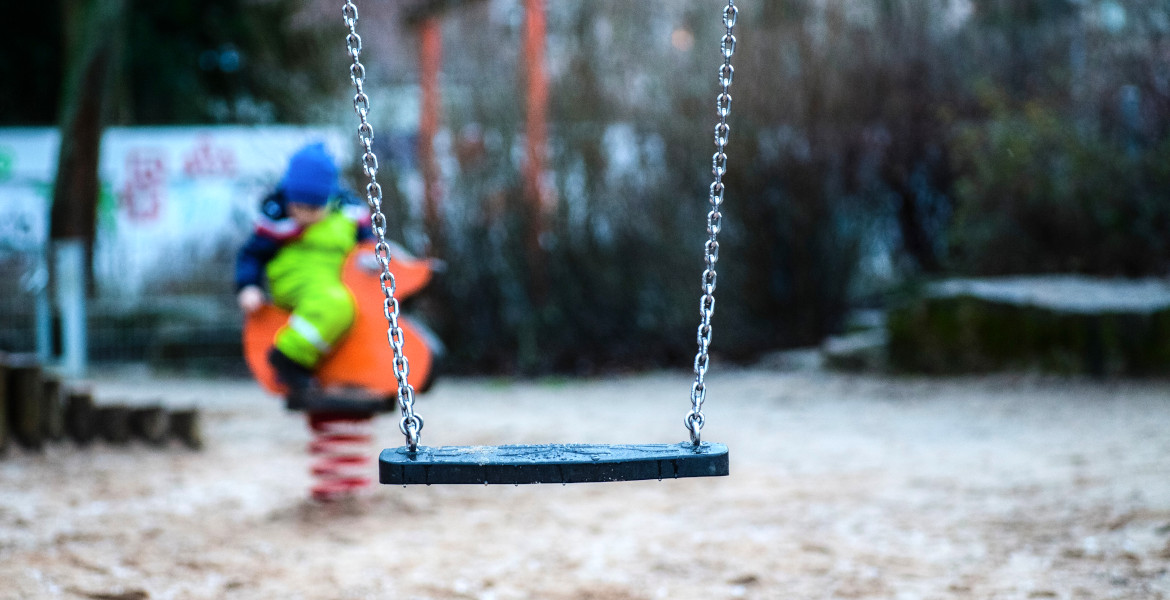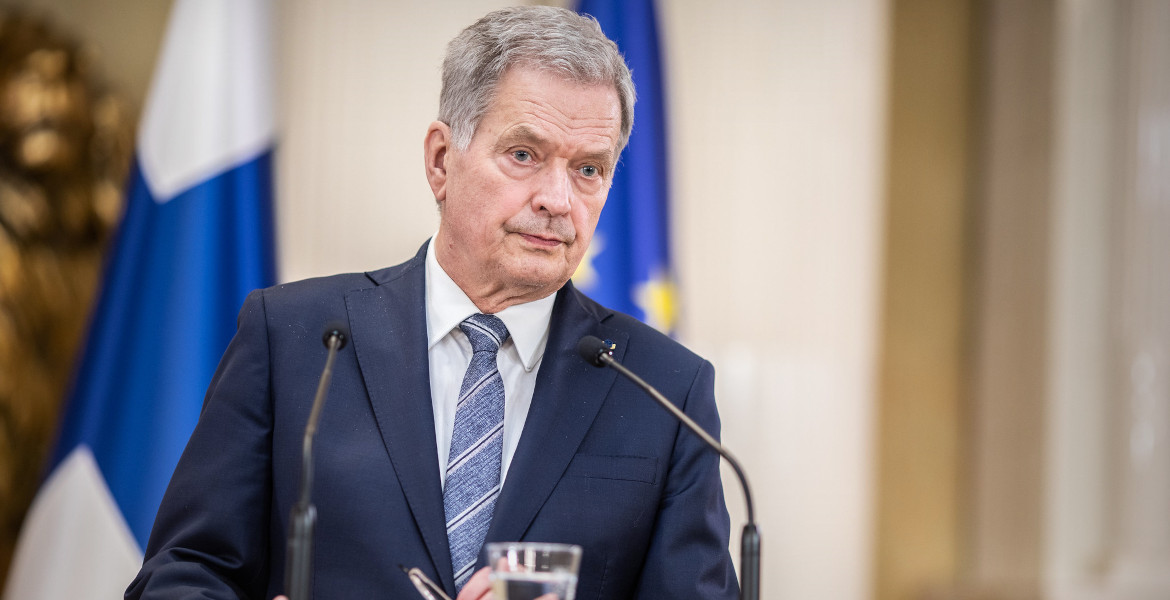Four out of five Finns want active euthanasia to be introduced in the country. At the same time, about 29% of doctors support such a proposal.
A citizens' initiative is asking the government to prepare a law allowing euthanasia in Finland. A poll conducted by the national broadcaster Yle shows that 80% of Finns support euthanasia. The figure for Finns and Swedes, according to a survey by Åbo Akademi University, was about 70%, with about 22% partially or totally opposed.
– Support for euthanasia has remained relatively stable. About three-quarters of the population, or more than 70%, have long been in favor of legalizing euthanasia, says Juha Hänninen, a physician and director of the Terhokoti hospice.
Among Finns, men and women have similar views on euthanasia, but younger people are more accepting than older ones. However, when it comes to euthanasia for people with memory disorders such as dementia, more than 50 percent agree or strongly agree that euthanasia should be introduced.
Doctors: "Complex issue"
Before the government takes a position on the issue, the Swedish Medical Association will also share its views on the matter. In previous positions they have said no to euthanasia. However, Janne Aaltonen, executive director of the Finnish Medical Association, believes that doctors' views on the issue have changed in recent decades.
– In a survey conducted in 1993, 5 percent of doctors fully agreed that euthanasia should be allowed, while this spring it was 29 percent, she tells Yle.
She also says that the issue is complex because doctors' activities must be legitimized by the people who apparently want to introduce euthanasia, and doctors must also make decisions regarding their own professional knowledge and ethics.
Harriet Finne-Soveri, a geriatrician and professor who has cared for the terminally ill for several years, believes that two issues should be properly studied before legalizing euthanasia. First, we need to make sure that end-of-life care, known as palliative care, is working properly.
– Do we really have the resources to give people the best possible death? Is everyone getting the right medication, psychological and compassionate support?
The medical board will make the decision
She also points to the duty of doctors to perform euthanasia, something that only 13% of doctors currently say they would consider participating in, according to a survey by the Swedish Medical Association.
– This is understandable. You entered the profession to help people live a better and longer life, and suddenly you are faced with the question of being part of a machine that helps people die, says Finne-Soveri.
On May 16, the delegation of the Finnish Medical Association will meet in Helsinki to decide on a position on active euthanasia. The government will then consider the issue.
The last time a citizens' initiative on euthanasia was discussed (in 2018), it was rejected by a vote of 128-60, even though several members of parliament had previously stated that they supported a change in the law. One explanation may be that the negative stance of the Swedish Medical Association weighed most heavily at the time.




